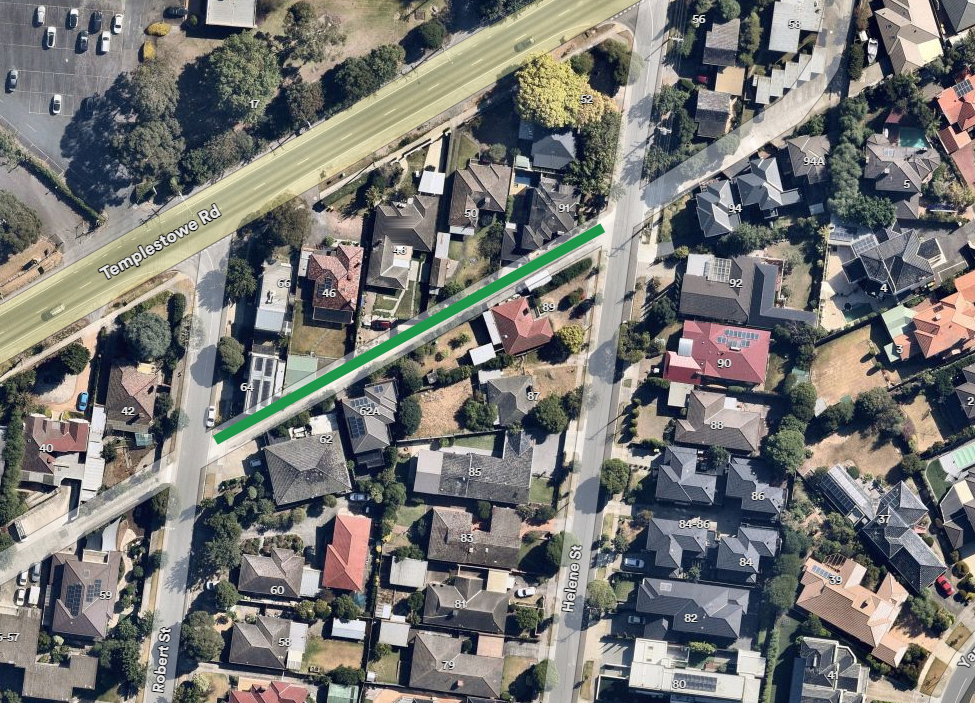A national first plan for nurse practitioners in Australia’s health and aged care system has been released to strengthen and enhance multidisciplinary, person-centred care in primary health.
Nurse practitioners are highly skilled and have the experience and authority to provide clinical care for acute and chronic conditions across a lifespan. However, there has never been a national approach to the best use of this workforce or supporting it to grow.
Alongside significant support in the 2023-24 Budget, the Nurse Practitioner Workforce Plan offers a clear vision on how to better use nurse practitioners to meet the needs of a growing and ageing population.
The Plan sets out actions to increase nurse practitioner services across the country, increasing community awareness and knowledge of what services nurse practitioners can provide, and to grow the workforce to reflect the diversity of the community and improve cultural safety.
It also addresses the significant barriers that have prevented nurse practitioners from performing all duties that they’re trained to do, which supports a key commitment of the Albanese Labor Governments to support the nursing workforce to work to their full scope of practice.
Last week’s Budget implements a number of actions under the Plan, boosting the affordability and accessibility for people seeking care from a nurse practitioner.
Medicare rebates for care provided by nurse practitioners will increase by 30%. Nurse practitioners will be eligible to participate in Medicare-subsidised multidisciplinary team case conferences, offering better support for people with chronic conditions.
A new $50 million scholarship program will encourage nurses and midwives to undertake postgraduate study and support registered nurses to become nurse practitioners.
The Budget also committed to remove the red tape that prevents nurse practitioners and midwives from providing care to the full extent of their education and ability. They will be able to independently provide services under Medicare and prescribe medicines on the Pharmaceutical Benefits Scheme (PBS).
Primary care services will be given an incentive to supervise nurse practitioner students and to support nurse practitioners moving from another area of advanced practice as a way of encouraging nurse practitioners to choose careers in primary care.
Enabling nurse practitioners to work to their full potential is a key part of the Albanese Government’s reforms to strengthen Medicare and meet the health needs of Australians at every age and stage, and wherever they live.
The Government will continue working with nurse practitioners and the primary care sector to consider further implementation of the Plan.
View the National Nurse Practitioner Plan.
Quotes attributable to Assistant Minister for Health and Aged Care
Ged Kearney MP
“Nurse practitioners are so valuable – they’re connected to their communities in a unique and important way. We want everyone to be able to access quality care in a primary health setting and supporting our nurse practitioners is a critical part of that.
“For too long nurse practitioners have faced barriers to providing the care that they are trained and want to deliver. This Plan reaffirms our commitment to nurturing and supporting the workforce so they can use their expertise across aged care, primary care, mental health, private practice and in hospitals.
“We’re already backing nurse practitioners with a range of measures, from increasing Medicare rebates and allowing them to provide services that they’re trained to perform without supervision – making it more affordable and accessible for everyone to seek their care.
“Supporting nurse practitioners to use all their skills is good for patients, good for the health and aged care systems, and encourages more talented people to take up the profession.”







